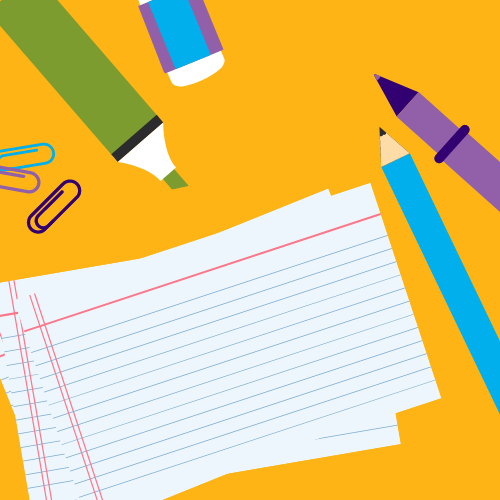We use cookies on this site to enhance your experience.
By selecting “Accept” and continuing to use this website, you consent to the use of cookies.

To study more efficiently and productively, it is important to develop your metacognition.
Metacognition includes both an awareness of what you know about how you learn and the
ability to regulate your thinking. When you develop and follow plans to achieve your
learning goals, you enhance your metacognition about your learning. For more information
about metacognition, see our Metacognition handout.
To help you add a dimension of metacognitive reflection to your studying, we recommend
applying a structured plan to your study sessions.
A helpful first step for each study session is goal setting. By setting goals for yourself, you
will be able to monitor your progress through larger tasks, such as writing a lengthy term
paper or working through several chapters in your text. In addition, setting a goal at the
start of each study session can act as a motivator, as you should be able to see yourself
working steadily toward an end result, instead of working at a seemingly never-ending
project.
Although it may seem unnecessary to engage in the review portion of your study session,
completing this step is helpful in consolidating the information you’ve just taken the time to
learn. A brief review can help you to see what information you are having difficulty
understanding, allowing you to return to the material well before the exam.
As you reflect on your study session, assess whether you were able to accomplish the goals
that you set out for yourself at the start of the session. If you are not tracking your goals
they may become less useful to you. If you have not accomplished the goal that you set out
at the start of the session, take some time to determine why that might be — did you not
allow yourself enough time? By reflecting on your goals and the factors contributing to your
success in completing them you will be able to ensure that your future study sessions are
planned better. You can even write down some suggestions for your next study session.
As with all the other portions of your study session it is important that you allow yourself to
take a break at the end of the session. Even a short break will leave you feeling more
refreshed and better able to take on the next project. Try taking your breaks away from the
space where you are studying — go for a short walk, or get a snack. It may be helpful to get
away from your study environment during your break.